Graham Reid | | 4 min read
Melody Fair
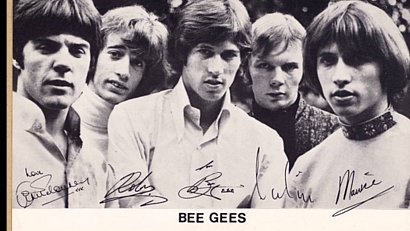
In 16 months from early 1967 when they returned to Britain after a trip back home to Australia, the Bee Gees cracked out a remarkable six hit singles and three albums.
Their writing, recording and touring schedule was extraordinary, perhaps only matched by the Beatles' work ethic who were, for a time, their real chart rivals.
But for a group which crafted tight radio pop there was a massive sea-change happening around the Bee Gees, not the least the arrival of the Beatles' Sgt Pepper.
Everything was going Technicolor (Bee Gees' songs like New York Mining Disaster 1941 were hardy that) and as with peers like the Hollies, the Animals, the Stones, the Move and many other groups, the Bee Gees knew they had to expand their musical palette.
But all that expenditure of energy before they went into various London studios in July 1968 – for five months, a marathon for these sprinters – inevitably took its toll.
“We were young but we were wearing ourselves pretty thin and we were worn out,” Barry Gibb would recall later.
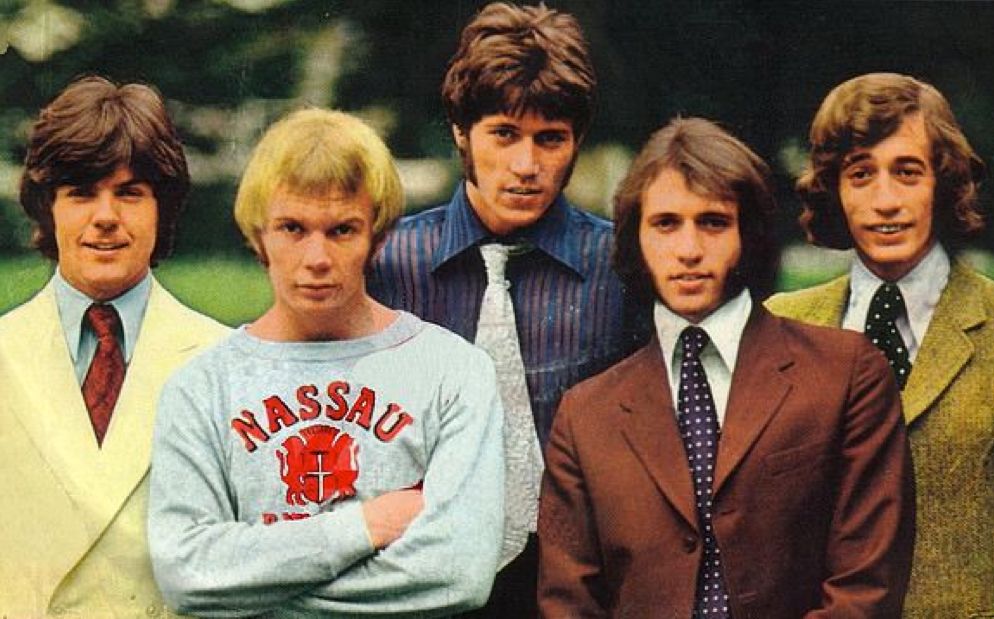 And with new musical moods at work in Britain – the album supplanting the single – they were unclear of what direction they should go.
And with new musical moods at work in Britain – the album supplanting the single – they were unclear of what direction they should go.
The subsequent album Odessa – a double in a flocked wallpaper-like sleeve – arrived in March '69 and was met with critical and commercial indifference. Yes, it went to number 10 in the UK and 20 in the US, but that was largely on the back of their reputation.
The public was confused as were the critics who heard an orchestrated and baroque-pop album, the sole single from which was the atypical First of May.
“I think Odessa was an attempt to do a rock opera,” said Barry in 2009. “It sort of turned itself into a mish-mash, but our intentions were honourable.”
Those of their manager Robert Stigwood were perhaps less so.
“I think it was basically a financial deal,” Barry would recall. “If we do a double album everyone makes more money – except the group. So we were doing something that we weren't motivated to do and it became full of all this stuff that didn't necessarily blow me away.”
They soldiered on however with material which sometimes came with wonderful orchestration by Bill Shepherd but also included the languid and likable country song Marley Purt Drive (with banjo and slide guitar).
If it was a concept album – it opens with a dramatic orchestral flourish and mournful cello by Paul Buckmaster on the title track and the words “14thof February 1899 the British ship Veronica was lost without a sign” – then it was hard to hear what the overriding idea was.
There's a song about Thomas Edison too.
Things came to head when trying to chose the first single, Robin Gibb insisted on his Lamplight but they went with the somewhat maudlin ballad First of May (which at least sounded like their previous singles), relegating his song to the b-side.
Robin was also miffed because the band's first choice for a single had been the difficult, seven and half minute title track
“I worked and worked on that Odessa track,” said Robin, “and I got a ring from Robert Stigwood to say it was the greatest pop classic he had ever experienced.
“He said it was stupendous, and I used to get calls from him at three and four and five and six in the morning telling me the same thing.
“I thought it was going to be the new single.”
But it was dropped because the others didn't want to follow the MacArthur Park/Hey Jude trend for long singles.
Stigwood chose First of May.
“I haven't released a single yet that the whole group have liked,” said Stigwood. “Someone is always going to be unhappy. This time it was Robin.”
Within eight months the Bee Gees had broken up: Robin the first to go and quitting 10 days before the release of Odessa; Barry and Maurice continuing on until Barry quit; the other two band members guitarist Vince Melouney and drummer Colin Petersen taking their leave along the way.
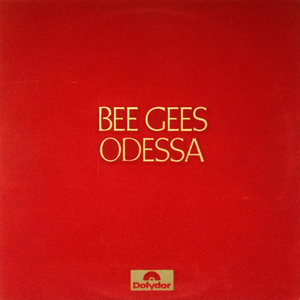 Odessa was the album which aimed high but kneecapped the band and it would be a long time – with various Gibbs having solo hits – before they came back together and launched a very different and astonishingly successful career.
Odessa was the album which aimed high but kneecapped the band and it would be a long time – with various Gibbs having solo hits – before they came back together and launched a very different and astonishingly successful career.
Is Odessa as bad as its circumstances make it sound?
That's a Yes and a No: a Yes because it never quite goes anywhere with a purpose but a No because it is a seductively baroque-pop album with glorious string passages, some terrific songs (the drone pop and orchestration of You'll Never See My Face Again, the melancholy understatement of Melody Fair which hits a point between McCartney and the Hollies among the best), includes that unusual Marley Purt Drive, and should anyone doubt their melodic capabilities the three instrumentals are delightfully dramatic if a little MOR/cinematic/Mutiny on the Bounty in places.
I Laugh in Your Face has an embedded, personal bitterness embedded in its psychedelic imagery. And Never Say Never is a kind of Bee Gee/Lennon amalgam: “You said goodbye, I declared war on Spain . . .”
Those who loved Robin's subsequent Saved by the Bell and his solo album Robin's Rein will certainly enjoy his vibrato fragility on Lamplight (which could never really have been a single).
“People thought it was an in-depth album” said Maurice, “like, 'What do they mean by those lyrics?' and 'What's this all about?'. There's a lot of different areas on it.
“It went up and down in places, but a lot of people regard it as our Sgt Pepper. To us, I don't think it was the best album we made.”
It isn't.
Some might say that would be a Greatest Hits because aside from Main Course (75) and Spirits Having Flown (79) that was their forte.
But Odessa is certainly a strange, diverse, sometimes breathtaking and mostly confused collection of diverse songs which was a dramatic end to the first part of their career.
If you were going to go out, why not like this?
Leave 'em wondering and the question hanging: 'But what if . . . ?'
You can hear Odessa (with alternate mixes) at Spotify here.
Elsewhere has a number of articles, interviews and reviews with the Bee Gees starting here.
.
Elsewhere occasionally revisits albums -- classics sometimes, but more often oddities or overlooked albums by major artists -- and you can find a number of them starting here
.
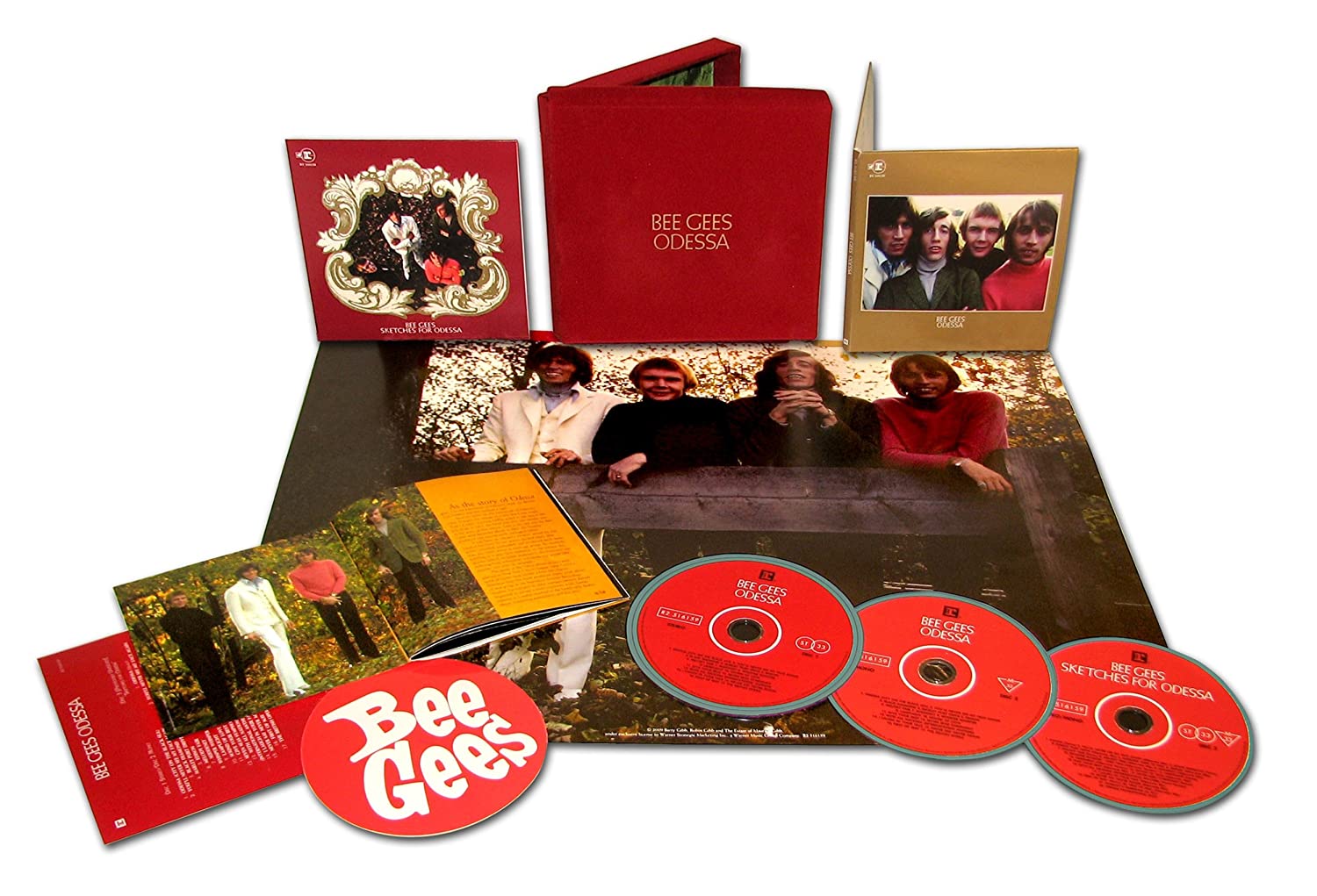


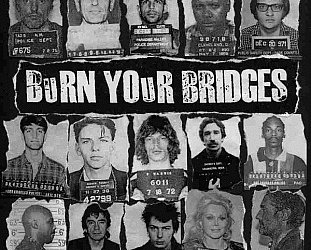
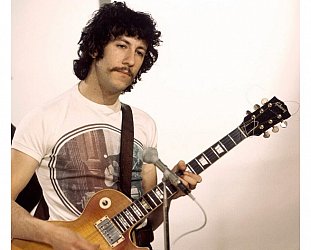


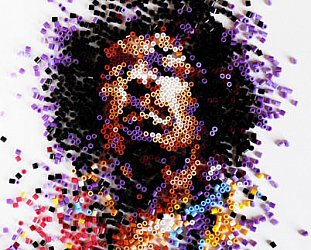
ALAN COATES - Apr 5, 2020
This LP is one of the first I bought of The Bee Gees. It has some great songs on it , and I never get
Savetied of hearing the title track. Some of the tracks appear on the film Melody , which was on the TV
channel Talking Pictures in early 2020. I enjoyed the film very much , especially the London street
scenes that went along with the song Melody Fair. Great memories. I will always love The Bee Gees
music.
Keith - May 29, 2024
Lulu sang Melody Fair and Marley Purt Drive in her Muscle Shoals recording sessions - strong tunes - along with several other Gibb deep cuts.
Savepost a comment